Introduction
Caberlin, with cabergoline as its active substance, is a pharmaceutical intervention designed to address hyperprolactinemia, a condition marked by excessive levels of prolactin, a hormone produced by the pituitary gland. This description aims to provide insights into the characteristics, clinical applications, and considerations associated with Caberlin.
Mechanism of Action
Caberlin exerts its therapeutic effects by acting on dopamine receptors in the pituitary gland. As a dopamine receptor agonist, cabergoline mimics the action of dopamine, inhibiting the secretion of prolactin. By restoring the balance of prolactin levels, Caberlin is effective in managing conditions associated with hyperprolactinemia.
Clinical Applications
- Hyperprolactinemia: Caberlin is primarily prescribed for the treatment of hyperprolactinemia, a condition where there is an excess of prolactin in the blood. Elevated prolactin levels can lead to various symptoms, including irregular menstrual cycles, infertility, and breast milk production in individuals who are not pregnant or breastfeeding.
- Prolactinomas: Caberlin is often used in the management of prolactinomas, which are benign tumors of the pituitary gland that can cause an overproduction of prolactin. The medication helps reduce tumor size and normalize prolactin levels.
Dosage Forms and Strengths
Caberlin is typically available in tablet form, and the dosage strength can vary. Common strengths include 0.25mg and 0.5mg tablets. The choice of dosage depends on the specific medical condition being treated, and it is determined by the prescribing healthcare professional.
Considerations and Precautions
- Pregnancy and Lactation: Caberlin may interfere with fertility, and its use is generally avoided during pregnancy. Women of childbearing age should use effective contraception while taking Caberlin. Additionally, it is essential to consult a healthcare provider regarding the safety of Caberlin during pregnancy and lactation.
- Cardiac Valvulopathy: Long-term use of Caberlin has been associated with an increased risk of cardiac valvulopathy. Regular cardiac monitoring may be recommended, especially in patients receiving prolonged treatment.
- Interaction with Medications: Caberlin may interact with other medications, and it is important to inform healthcare providers about all drugs, supplements, or herbal products being taken to avoid potential interactions.
- Adverse Effects: Common side effects of Caberlin may include nausea, dizziness, fatigue, and headache. Serious side effects are rare but can include cardiac valvulopathy and psychiatric effects. Any unusual symptoms or concerns should be promptly discussed with a healthcare professional.
Conclusion
Caberlin, with cabergoline as its active component, stands as an effective solution for managing conditions related to hyperprolactinemia. As with any medication, its use requires careful consideration of the individual’s medical history, potential interactions, and adherence to prescribed guidelines. Regular follow-ups with healthcare providers are crucial to monitor treatment efficacy and address any emerging concerns. Patients are advised to consult their healthcare professionals for personalized guidance and to stay informed about the latest medical information related to Caberlin.

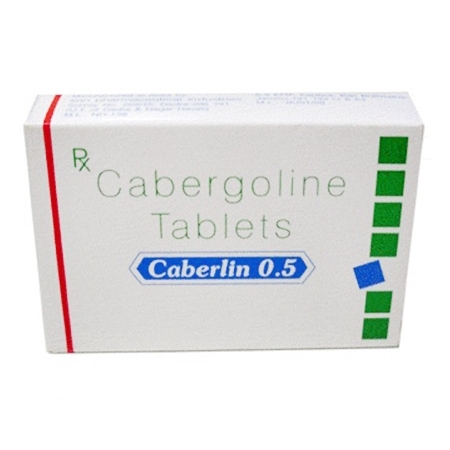

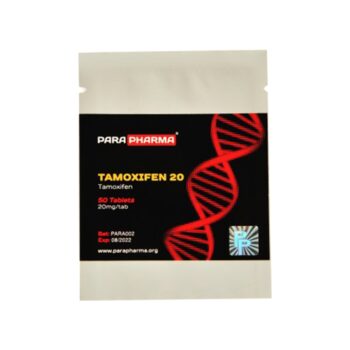

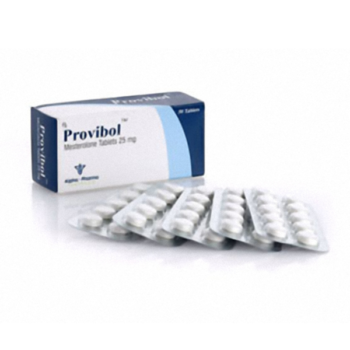

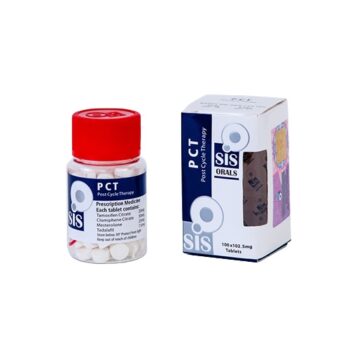
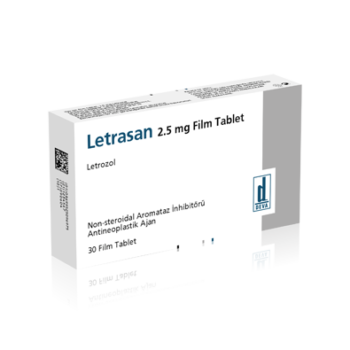


Reviews
There are no reviews yet.